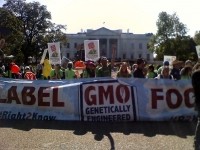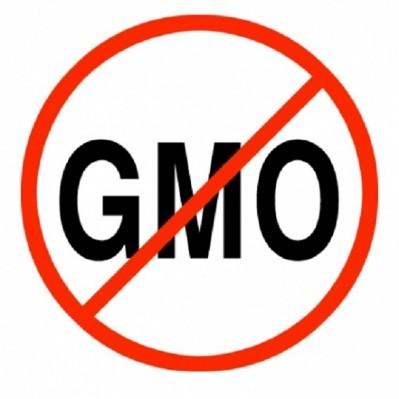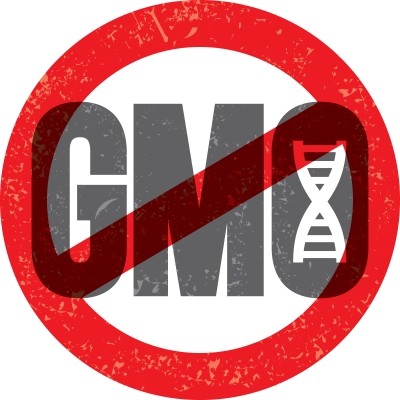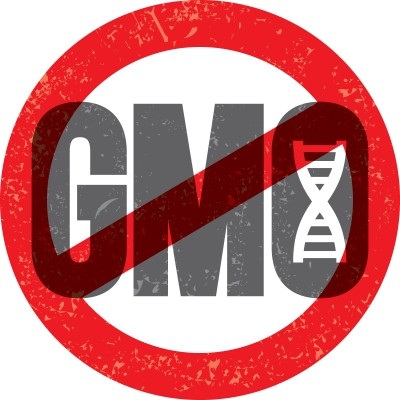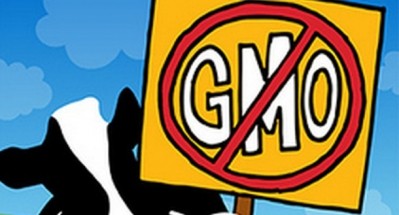Pompeo bill would preempt state GMO labeling
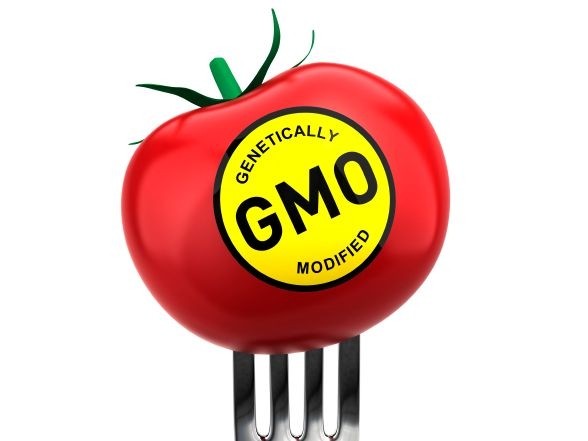
The bill, dubbed the Safe and Accurate Food Labeling Act (HR4432), would modify the Federal Food, Drug, and Cosmetic Act to establish a federal labeling standard for genetically-engineered ingredients. It specifically prohibits mandatory labeling of foods developed using bioengineering, giving sole authority to the FDA to require mandatory labeling on such foods if they are ever found to be unsafe.
Katherine Paul, director of communications at the Organic Consumers Association, wasn’t surprised by the bill’s introduction. "Rep. Pompeo is sponsoring this bill for one reason only: because his campaign has accepted significant contributions from the food and agribusiness industries, and from the Koch brothers,” Paul told FoodNavigator-USA. “In exchange, he is working to protect corporate profits. Not public health.”
Pompeo’s bill (whose donor list also includes General Mills) is indeed in line with the voluntary federal labeling proposals put forth by the Grocery Manufacturers Association and the Coalition for Safe Affordable Food, which collectively aim to stem the tide of state-level legislative efforts to require foods made with genetically engineered crops to be labeled as such.
Upwards of 30 states have considered or are considering labeling requirements for foods that contain GMOs. Most recently, Vermont’s H112 bill—unique because it would take effect regardless of action from other states—is awaiting consideration by the Senate appropriations committee before going to a full Senate vote.
Consumer advocacy groups and anti-GMO activists strongly favor mandatory labeling because of questions they have both about the safety and environmental impacts of GMO foods.
According to Politico, groups including Just Label It, the Environmental Working Group (EWG) and Center for Food Safety met with more than 100 offices in Capitol Hill earlier this week to champion companion bills HR 1699 and S 809, introduced last April by Rep. Peter DeFazio (D-OR) and Sen. Barbara Boxer (D-CA)—that would instead require mandatory GMO labeling.
“Consumers, particularly the eight out of 10 American families who buy organic products, want to know what is in their food," said Marni Karlin, director of legislative and legal affairs for Organic Trade Association, in a statement issued by EWG. "Rep. Pompeo’s bill ignores this consumer demand for information. Instead, it ties the hands of state governments, the U.S. Department of Agriculture, and the Food and Drug Administration concerning GMO labeling. It is fatally flawed."
Patchwork of labeling requirements makes it ‘enormously difficult’ to operate a food system
But Pompeo stressed during this morning’s press conference that the bill attempts to “set a standard” for labeling.
“We've got a number of states that are attempting to put together a patchwork quilt of food labeling requirements with respect to genetic modification of foods," he said. "That makes it enormously difficult to operate a food system. Some of the campaigns in some of these states aren't really to inform consumers but rather aimed at scaring them.”
Ballot measures last year in Washington state and California in 2012 narrowly lost after GMO crop developers including Monsanto and GMA members including DuPont Pioneer, Dow AgroSciences and Bayer CropScience poured millions into the campaigns to defeat them. These large food companies assert that GE crops are safe, backing their claims by a growing body of scientific evidence. Pompeo on Wednesday reiterated the claim that GMOS are safe and "equally healthy" to their non-GMO counterparts, thus not requiring labeling.
In a statement issued Wednesday afternoon, the American Soybean Association echoed this sentiment, adding that charging the FDA with verifying GMO traits’ safety should provide further consumer reassurance.
“This bill is a commonsense, science-based approach to an issue we realize is close to the hearts and minds of so many consumers,” said Iowa farmer and American Soybean Association president Ray Gaesser. “Americans want to know that their food is safe, and the solutions proposed in this bill will ensure that they have that information. It will require that the FDA review all new GMO traits for safety, and stipulate that the FDA require labels for any product that has a safety or health risk.”
The Biotechnology Industry Organization (BIO) added that the legislation will help advance transparency and food safety. “We support making the FDA safety consultation process mandatory and making scientific studies and evidence of safety publicly accessible to anyone who wants additional information,” said Cathy Enright, executive vice president for Food and Agriculture. “Moreover, BIO supports statutory language for explicit FDA authority to require a label on any GMO food ingredients that raises a safety or health issue.”
But OCA’s Paul said she is “disheartened to, once again, see public health and safety hijacked by industry money. Rep. Pompeo claims that he is introducing this bill because he's concerned that labels on GMO foods will 'alarm' consumers. But consumers—and many scientists and medical professionals—are already alarmed . . . by independent studies that link GMOs to a host of chronic illnesses.”
Bill would allow GMO foods to be labeled as natural
Sarah Bird, chief marketing officer at Annie’s Inc., took issue with the Pompeo bill provision that would allow GMO foods to be labeled natural, noting that it only compounds consumer misperception. “The Pompeo bill will leave consumers even more confused, not less,” she said. “Allowing genetically engineered ingredients to be included in products label ‘natural’ will undermine consumers’ trust in the growing, vibrant natural products industry. This bill sends us backwards in terms of addressing consumer confusion.”
The ASA, on the other hand, applauded the bill for helping alleviate consumer confusion by “establishing FDA’s labeling guidance as the national standard and preventing states from enacting a patchwork of conflicting requirements.”
“The Safe and Accurate Food Labeling Act would direct FDA to provide guidance for companies that wish to label their products for the presence or absence of GMOs; make mandatory an FDA safety review of all new GMO traits before they are brought to market and enable FDA to mandate labels on any product shown to pose a health, safety or nutrition risk; and directs FDA to define the term ‘natural’ for use on food labels,” it said in a statement.
Pompeo was joined by G.K. Butterfield (D-NC), Marsha Blackburn (R-TN), Jim Matheson (D-Utah) and Ed Whitfield (R-KY) but anticipates more members to sign on now that the bill has been introduced. He said he'd like to see hearing to further vet the topic in June or July of this year.
Click HERE to read the text of the bill, HR4432.
